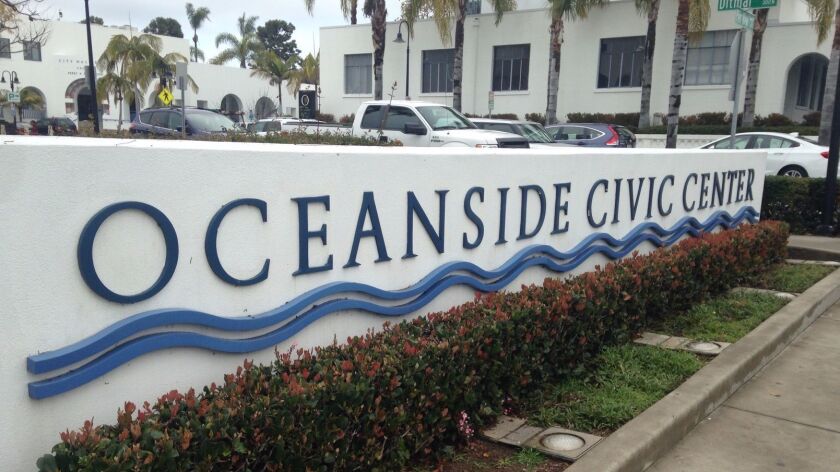Ethan Zucker
Nature 597, 9 (2021)
Originally punished 31 Aug 21
Here is an excerpt:
I propose the following. First, give researchers access to the same targeting tools that platforms offer to advertisers and commercial partners. Second, for publicly viewable content, allow researchers to combine and share data sets by supplying keys to application programming interfaces. Third, explicitly allow users to donate data about their online behaviour for research, and make code used for such studies publicly reviewable for security flaws. Fourth, create safe-haven protections that recognize the public interest. Fifth, mandate regular audits of algorithms that moderate content and serve ads.
In the United States, the FTC could demand this access on behalf of consumers: it has broad powers to compel the release of data. In Europe, making such demands should be even more straightforward. The European Data Governance Act, proposed in November 2020, advances the concept of “data altruism” that allows users to donate their data, and the broader Digital Services Act includes a potential framework to implement protections for research in the public interest.
Technology companies argue that they must restrict data access because of the potential for harm, which also conveniently insulates them from criticism and scrutiny. They cite misuse of data, such as in the Cambridge Analytica scandal (which came to light in 2018 and prompted the FTC orders), in which an academic researcher took data from tens of millions of Facebook users collected through online ‘personality tests’ and gave it to a UK political consultancy that worked on behalf of Donald Trump and the Brexit campaign. Another example of abuse of data is the case of Clearview AI, which used scraping to produce a huge photographic database to allow federal and state law-enforcement agencies to identify individuals.
These incidents have led tech companies to design systems to prevent misuse — but such systems also prevent research necessary for oversight and scrutiny. To ensure that platforms act fairly and benefit society, there must be ways to protect user data and allow independent oversight.

